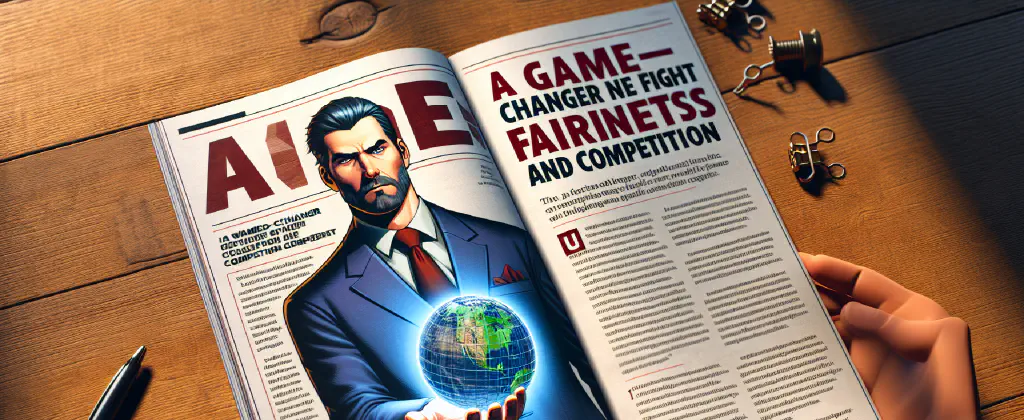13. December 2023
Epic CEO Tim Sweeney: A Game-Changer in the Fight for Fairness and Competition

Introduction
Epic Games, the creator of popular video game Fortnite, recently made headlines when its CEO, Tim Sweeney, refused a $150 million ‘offer’ from Google and instead opted to take the fight against the tech giant to the courts. This decision has sparked discussions and raised questions about the motives and actions of both Epic Games and its rivals in the gaming industry. In this article, we will delve into the key insights and opinions offered by users and examine the implications of Epic’s actions and the ongoing battle for fairness and competition.
The Battle for Public Perception
Epic Games’ refusal of Google’s $150 million ‘offer’ has generated much discussion and highlighted the lack of recognition the company receives for its fight against tech giants. While some users criticize Epic for its exclusivity deals, others acknowledge the significant impact of its actions. As one user (@7734128) states, “It’s unfortunate that Epic is never given the goodwill they deserve for this fight.” This sentiment is echoed by another user (@somenameforme), who highlights that Epic’s decision to reject the pay-off and continue pursuing legal action ultimately aims to create a better world for everyone.
The Steam Factor
Steam, the popular game distribution platform, has been a major player in the gaming industry for years. While some users express frustration with Steam’s exclusivity deals, others point out the benefits it offers compared to its competitors. One user (@RockRobotRock) argues that Steam’s 12% revenue cut, in contrast to the 30% taken by other platforms, makes it a more appealing option for developers. Additionally, Steam’s extensive infrastructure and features such as comprehensive reviews, discussions, and in-game support contribute to its dominance in the market.
The User Experience
The user experience and ease of use play a crucial role in the adoption of game launchers and storefronts. Many users express their dissatisfaction with the clunky and inferior quality of certain platforms, including the Epic Games Store. One user (@idle_zealot) highlights that the inconvenience of having to install multiple platforms and navigate through unfamiliar interfaces negatively impacts the perception of these stores. They emphasize the importance of a seamless and user-friendly experience, which Steam is often praised for providing.
The Greed Factor
The discussion around the revenue cut taken by digital storefronts is a contentious one. While some defend Steam’s 30% cut by pointing to its established presence in various industries, others argue that it is a sign of greed and a barrier to fair competition. Comparisons are drawn to payment-processing companies that typically take less than 2% of the paid amount. However, these differing perspectives reflect the complexity of the issue and the need for further examination of the industry standards.
The Gaming Landscape
The gaming industry is not immune to exclusivity deals and the resulting impact on consumer choice. Concerns are raised about the potential negative effects of these deals on the overall gaming market. One user (@rowanG077) draws parallels between the gaming market and the streaming industry, suggesting that exclusivity can poison the market and limit options for consumers. The ongoing battle for fairness and competition highlights the need for a balance between giving developers freedom to choose their platforms while ensuring consumer access and choice.
Looking Ahead
The actions and decisions of Epic Games and its CEO, Tim Sweeney, have ignited discussions surrounding fairness and competition in the gaming industry. While some criticize Epic for its exclusivity deals, others recognize the impact of its fight against tech giants. The user comments shed light on the strengths and weaknesses of various platforms, emphasizing the importance of user experience and comprehensive features. Ultimately, the battle for fairness and competition in the gaming industry is far from over, and it is up to both developers and consumers to shape the future of the gaming landscape.